20 Movies - Noah
"I will destroy man, whom I have created from the face of the earth, both man and beast, the creeping things, and the birds of the air, for I am sorry that I have made them." - God
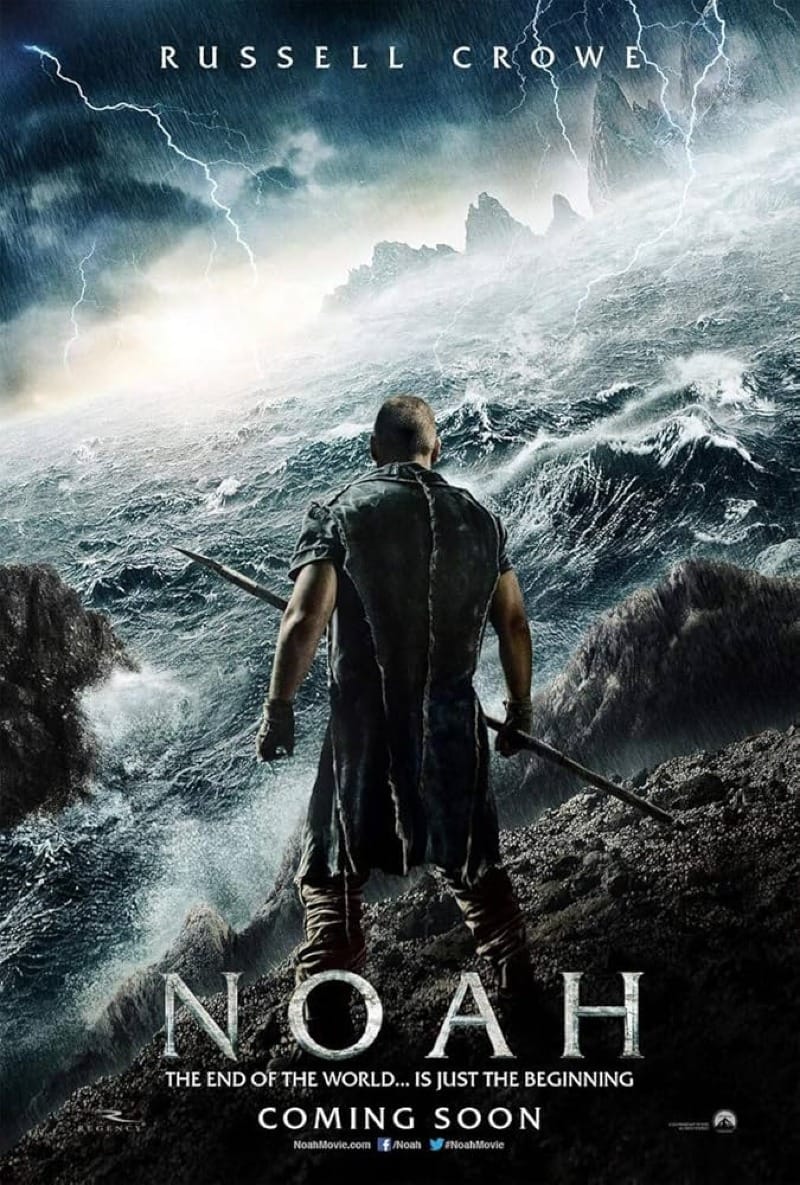
Living in broken world at the end of a dying age, a righteous man receives some mysterious visions of a coming flood from his Creator, and a command to build an ark large enough to hold himself, his family, and one pair of every kind of animal, before the waters cover the entire face of the Earth.
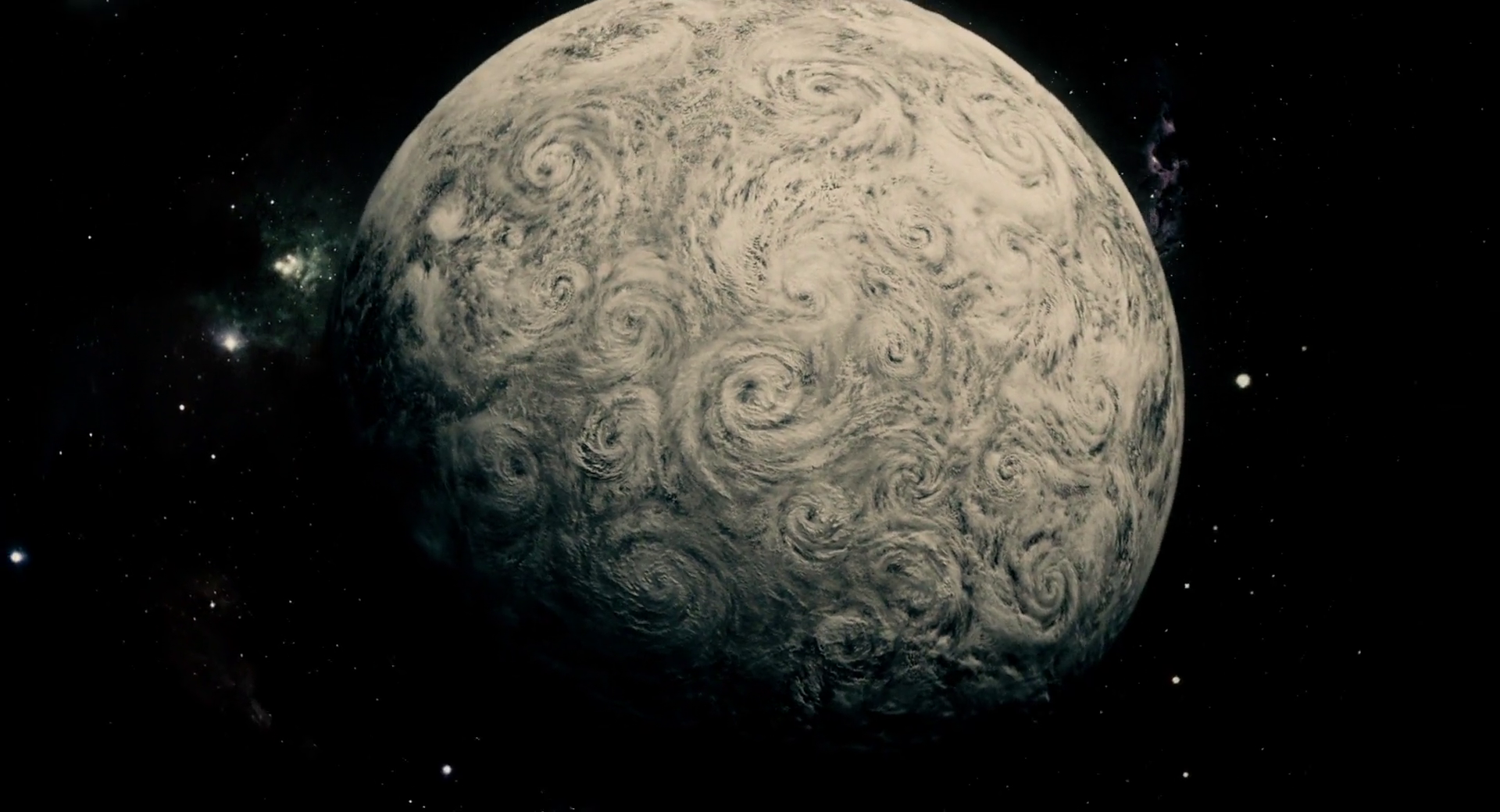
As our country's time grows short, while we wait for that rough beast known as America, its hour come round at last, to slouch on towards Bethlehem to be born, its too-slowly realized apocalyptic revelations destined to change this world forever and for the worst… I'm back to posting about my 20 most influential movies.
This series all came about as a result of a social media trend. The idea was to list 20 movies that greatly influenced you, then post the poster of each movie, one per day, for 20 days. No reviews, no explanations, just the posters. So I did that, but I also wanted to talk about them a little bit, so I have been.
And now here we are at number fourteen.
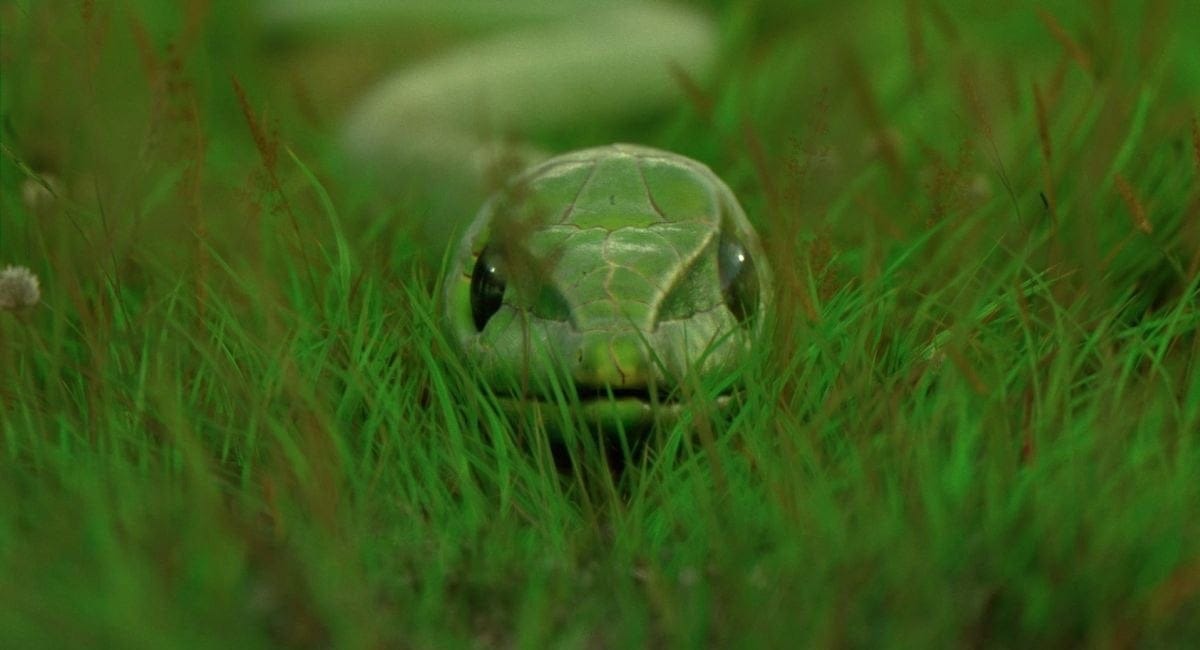
I love this film.
I love it. And I love it for two reasons. One: Because it completely disregards and tosses out the commonly held “Western” (read: white American) conceptions of what the people, world, and stories of the Bible actually looked like. And Two: Because it's good mythology.
And I love good mythology.

I really like how this film took out the biblical proselytizing, and instead pumped up the myth, weird magic, and wonder. The fact that some people may take this mythology as real... as gospel, if you will... is not only not a relevant concern at all, it’s also a clear illustration of just how small the distance truly is between us and our cave-dwelling ancestors, as they huddled together, shitting themselves with fear on a dark and stormy night.
Because, the fact is… people who accuse this film of not being "historically accurate" are stupid ignorant slobs. This film can’t be “historically accurate” when it’s not actual history, because the story of Noah and the Ark is not real, it's a fable. It's a myth. A legend. One that is most likely based off the story of some dude who lived along the Tigris and Euphrates Delta, and one time they survived a flood in a boat, along with some animals, and through that generational game of telephone known as “oral history,” it was then turned into a parable about faith, judgement, and mercy, and also as a convenient way to explain what all those dinosaur bones sticking out of the ground were, and where they all came from.
It’s supposed to be a metaphor.

The movie Noah opens in much the way as Star Wars does, with a golden scrawl, set to dramatic music, that catches us up on the story thus far…
There’s a snake in the grass, and a bit on how temptation leads to sin, as a hand plucks a strange fruit, and someone takes a bite. Cast out of the Garden of Eden, Adam and Eve continue to pluck the apple, and end up having three sons… Cain, Abel, and Seth. Cain kills Able with a rock, which is the first murder, and the actual first sin, and as a result, Cain flees East, where we are told that he received shelter from a band of fallen angels. These misshapen creatures, hobbled by the hardened weight of mud and stone chaining them to the face of the Earth, are known as the Watchers. They help Cain’s descendants to build a great industrialized civilization. But man corrupts these gifts, and their world becomes an ugly sprawl of filth and death and smoke. The wickedness of Man spreads o'er the face of Pangea like a cancerous rot.
The only ones who stand in defense of all that is still good and pure are the descendants of Cain’s other brother, Seth.
And thus… our story begins on the day that the last descendant of Seth, a young boy named Noah, is to become a man. Almost immediately after, his father is killed by a nomadic band of raiders, who are searching for uncorupted land, and also for resources. Noah watches as his father is killed, and their magic relic, the shed skin of the Serpent from the Garden, is taken by the chief raider, a young and violent man named Tubal-Cain.
Noah flees.
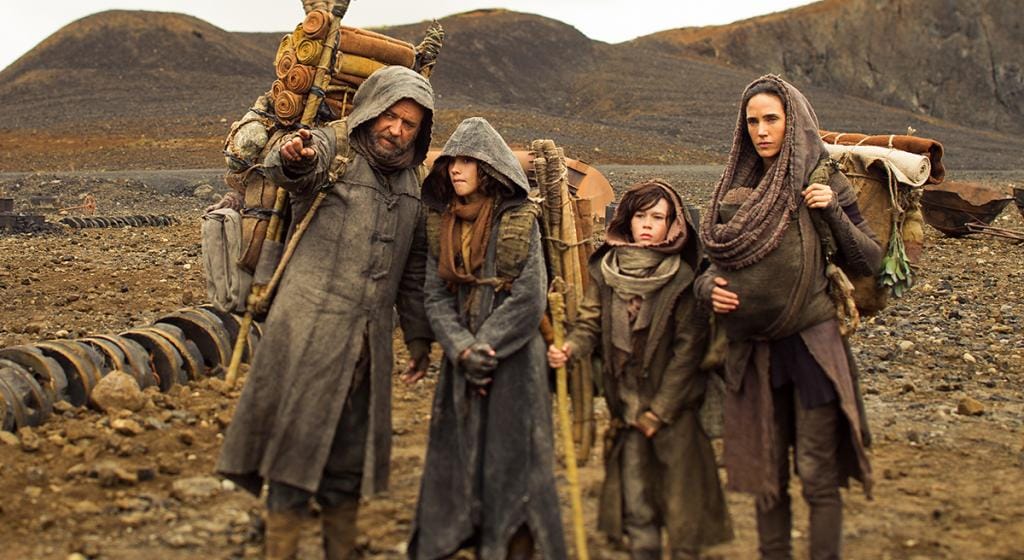
Many years later, Noah has a wife, Naameh, and three sons of his own, Shem, Ham, and Japeth. Noah lives a “leave nothing but footprints, and take nothing but memories” kind of life, and he ensures his family does the same. Unfortunately, no one else does, and Noah is forced to defend a dying animal from a hunting party of dirty and greedy men. Having long lived on the fringes with his family, the world of Man is now collapsing, and every day, they drawn closer and closer.
Noah is running out of safe places to hide.
Suddenly given a vision, Noah realizes he must travel across the dead and dying lands of the Earth to the distant mountain home of Methuselah, his grandfather, and a very powerful old mystic.
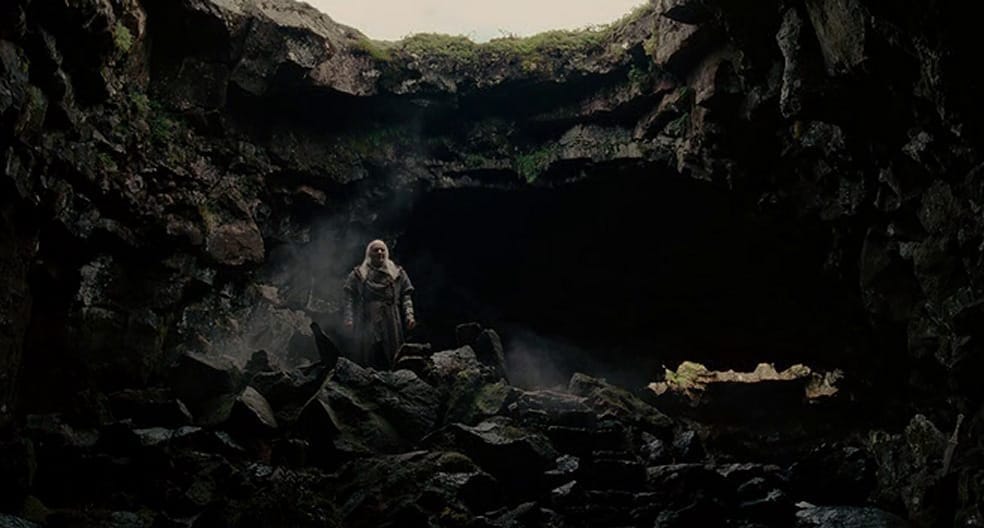
On the way, they come across a recently killed group who had been living in the ruins of an old mining facility. Amongst the corpses, they find the only survivor, a young girl named Ila. After treating a wound in her abdomen, Naameh tells Noah that the girl will never be able to bear children.
Raiders appear, and they chase Noah and his family. Their only hope of escape is to cross the skeleton-marked border into the land of the Watchers. To do so means certain death, but not doing so means a more immediate death, or worse.
And so they enter the No Man’s Land, where horrors await.
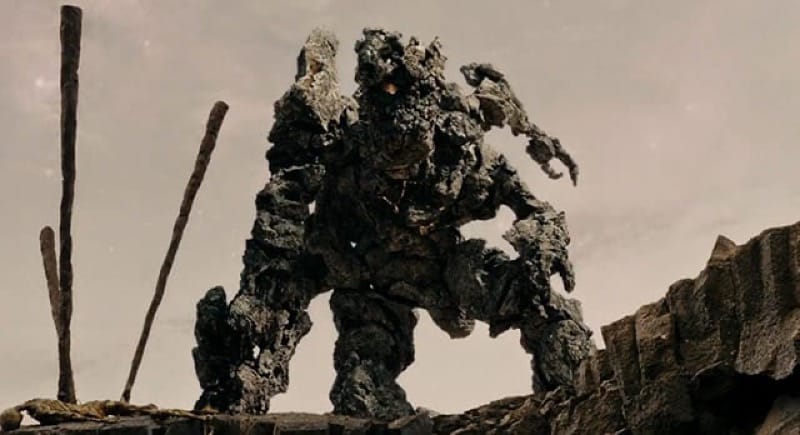
Long ago, the descendants of Cain turned on the fallen angels—who had once sacrificed their celestial existence to care for Man—killing them in their jealousy and rage, only for Methuselah’s fiery sword to save them. Now, the few remaining Watchers shelter amongst the windswept desolation of sand and stone, praying to a God who does not answer them, pleading to be allowed to return home.
The Watchers capture Noah and his family, and accuse them of being trespassears. Their leader, Samyaza, declares them heretics and liars, and decides that they will rot in a deep pit. But one Watcher, named Og, believes Noah, and that night, they free the family from the pit and lead them away.
Soon, they stand in the shadow of Methuselah’s mountain.
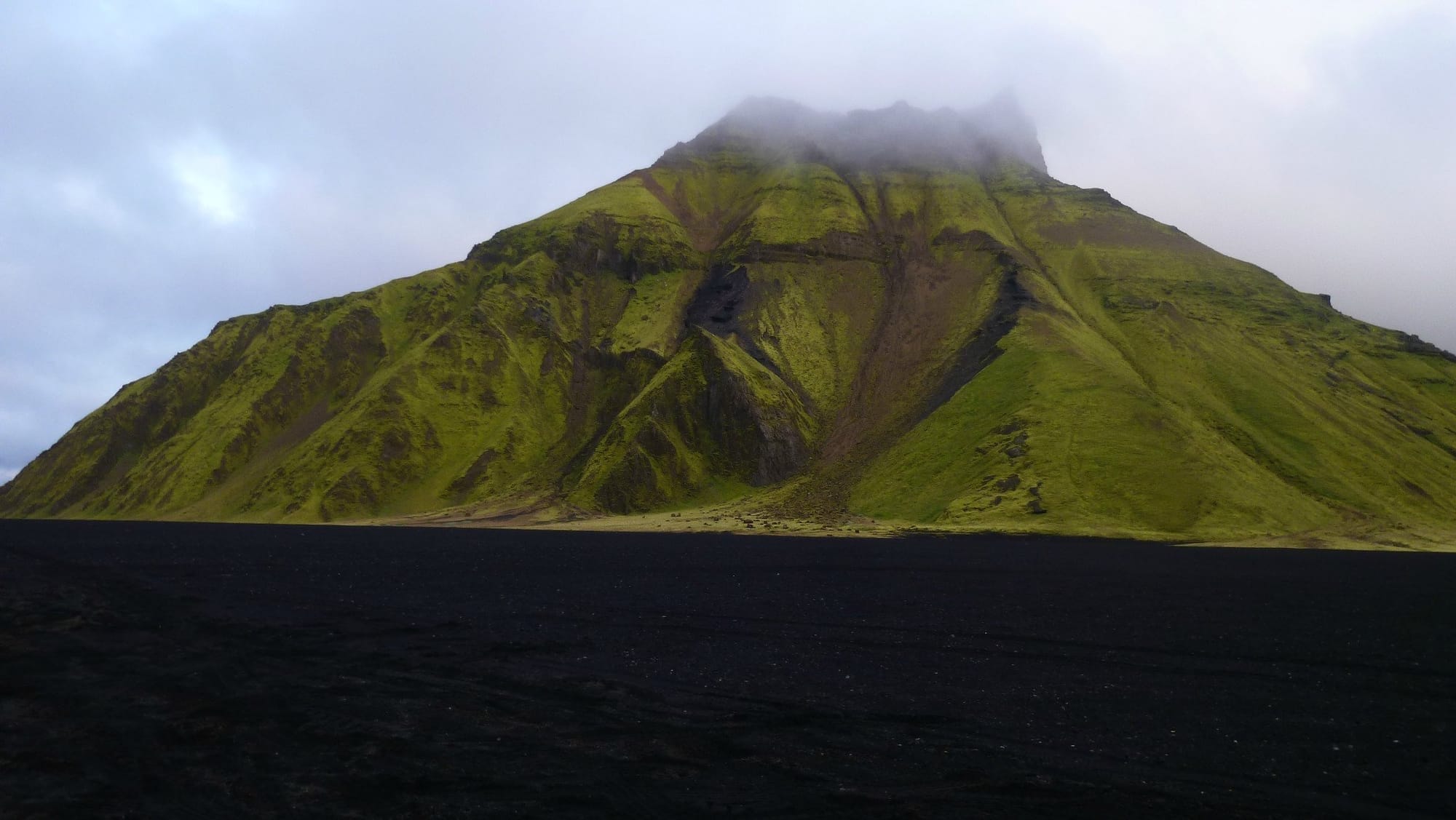
Noah ascends the mountain, and Methuselah welcomes him with open arms, happy to see his grandson, and his great grandson, Shem. The old mystic magics Shem, putting him to sleep, and then doses Noah with hallucinogens in his tea, so that Noah can have his vision deciphered.
It’s not good news….
But no worries, this is a prequel, so we all know how it works out.
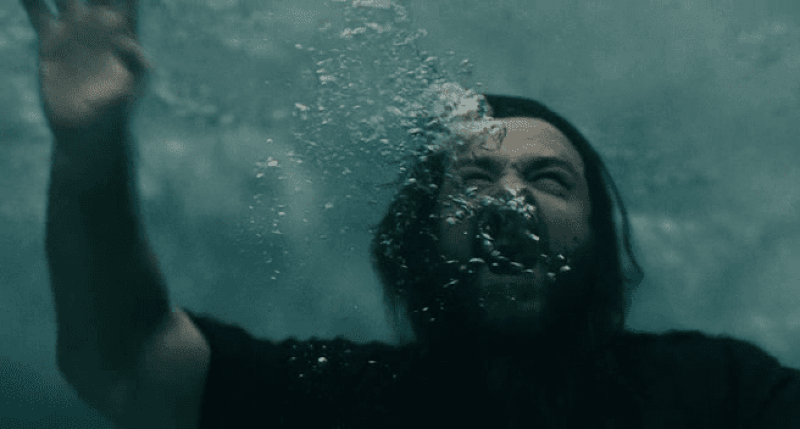
Afterwards, Methuselah gives Noah a seed from the Garden, which he plants that very night in the black sand at the foot of the mountain. When Samyaza and the other Watchers arrive the next morning to punish Og for his transgressions, they call Noah and liar and blasphemer.
But then water spouts from the ground where Noah planted the seed from the Garden, and a mature forest grows to full height around them. Now convinced by this sudden miracle that Noah is serving the Creator, the Watchers agree to help build an ark to preserve innocent life for after the Flood.
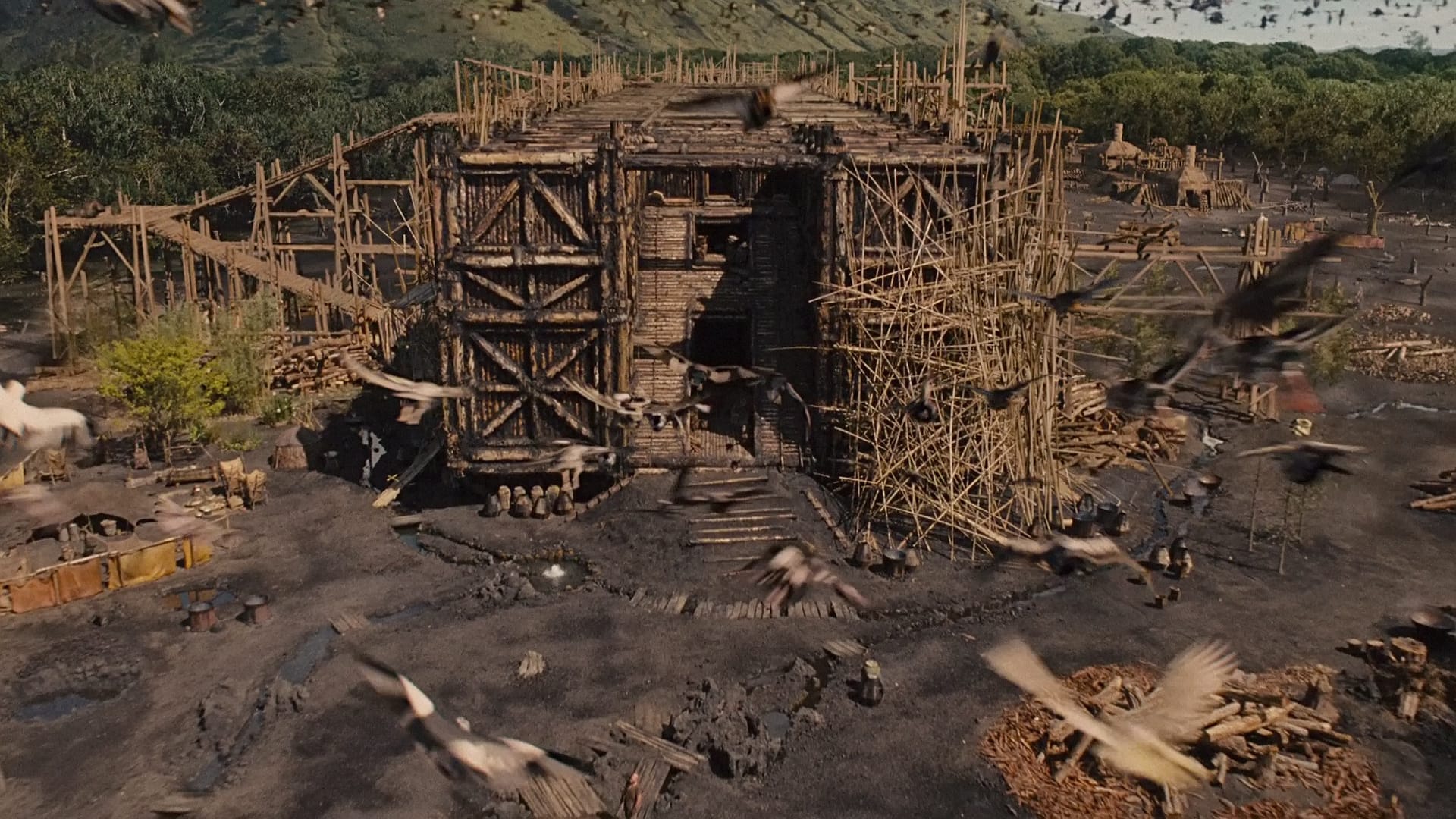
Years later, the Ark is nearly finished.
That’s when Tubal-cain, now king of the last remnants of Man, arrives. Having followed a huge flock of birds, he confronts Noah, and claims all that he sees as his. Noah tells him there is no escape for the line of Cain, that due to their wickedness, these are his last days. When the Watchers stand behind Noah, Tubal-cain retreats and begins to begins to plan how he and his army will take the Ark. They begin to make weapons.
Meanwhile, more animals arrive and take their places in the roosts and stables and pens within the Ark, where the family sedates them with incense, so they will sleep through the Flood.
At the urging of Naameh, after seeing Ham’s despondency over Shem and Ila having each other, Noah goes to the refugee camp, packed with the people who followed Tubal-cain’s army, in order to find wives for his sons. But when he sees their sin, their decay, he abandons his effort, believing that God intends for them to only be the last of mankind, to slowly and quietly pass from the face of Pangea after shepherding the animals to the new world. Naameh begs him to reconsider. When he will not, she goes to Methuselah for help. He warns her that Noah may not be wrong, that perhaps the time of man should be done, that his interference may only cause pain. Naameh will not accept this, and pleads with him. The old mystic comes down from the mountain, and cures Ila's infertility, while Ham befriends a young refugee girl named Na'el.
The rain begins.
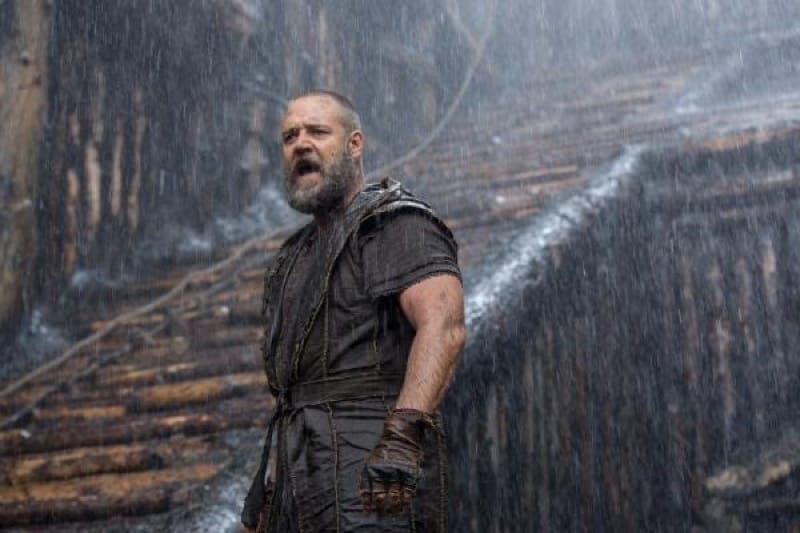
Tubal-cain attacks.
Noah finds Ham, but leaves Na'el, who is stuck in a trap and then trampled to death in the rush for the Ark. His family safely within, Noah closes the ark. The Watchers hold off Tubal-cain's army, and their sacrifice allows them to ascend back to Heaven. Methuselah, meanwhile, enjoys a few berries, and then, satisfied, he is swept away in the deluge. An injured Tubal-cain manages to slips aboard the ark and is hidden by Ham, who is angry at Noah for Na'el's demise.
The waters rise. The Ark floats.
Eventually the screams of those outside fall silent, and all that is left is the sound of the storm and the crash of the waves.
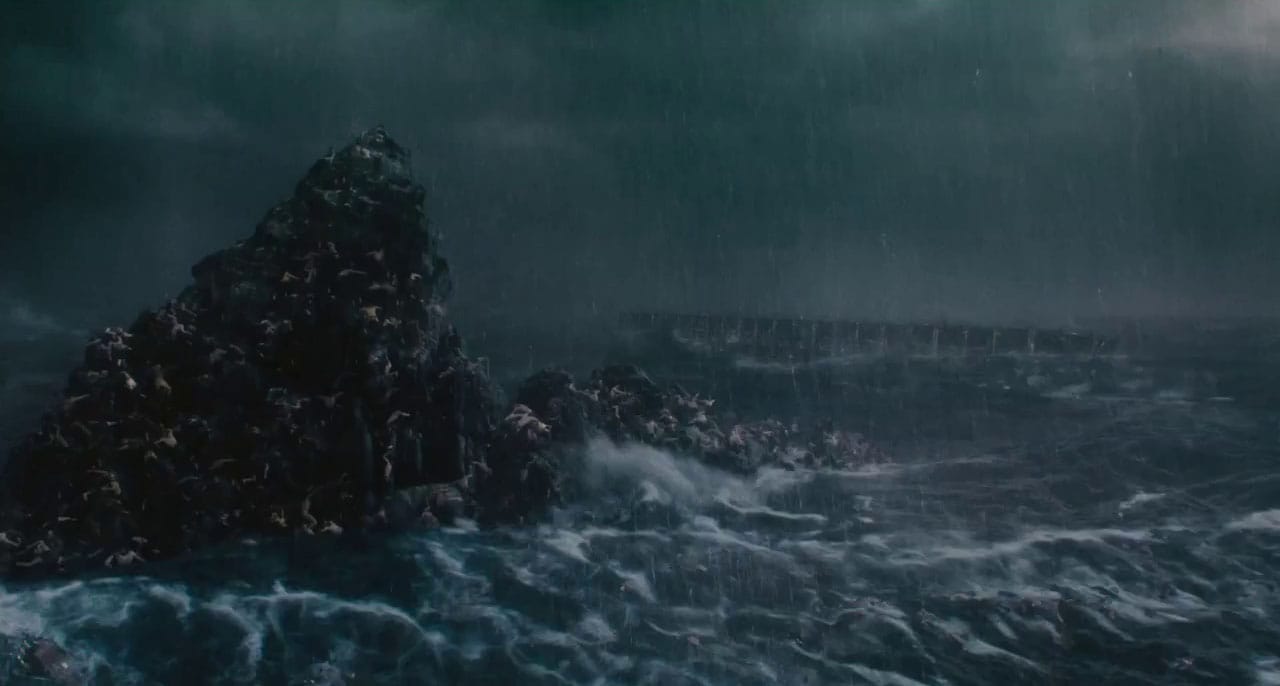
The days pass. Ila discovers she is pregnant and tells Noah, who pleads with the Creator not to make him kill the child. But the rains stop, seemingly indicating that the Creator wants the child to die, so Noah tells his family that, if the baby is a girl, he will kill her to ensure the future will be uncorrupted by humans.
Tubal-cain ambushes Noah. Ila gives birth to female twins, and the Ark hits a mountaintop. Ham strikes Tubal-cain down, and Noah defies the Creator, unable to kill Ila’s twin babies. Upon exiting the ark, a now depressed Noah gets drunk and nude and passes out. Ham, after witnessing his father's naked drunkenness, leaves to travel the new world alone. Urged to reconcile with his remaining family by Ila, Noah uses the magic in the shed skin of the Serpent to charge his progeny with caring for the world.
The sky is filled with waves of rainbows, symbolizing the Creator's blessings.
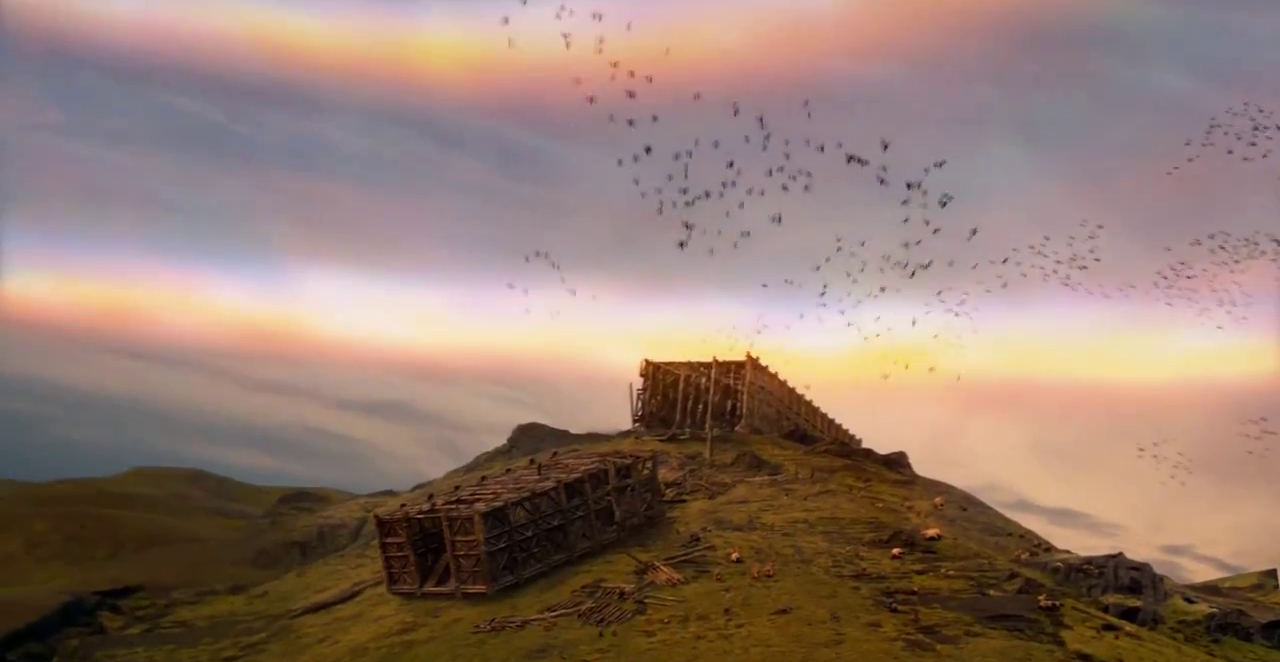
Despite being born a mostly white Methodist in the whitest and middle-est of white middle America, I really have zero interest in the Bible. I’m cool with it in theory, and consider my own personal relationship with a god or whatever, to be just that… personal, but I do believe in freedom of religion. I think people should be free to worship whatever it is they worship, in whatever way that makes them feel the most fulfilled, as long as they don’t hurt anyone.
But that’s like, the entire problem with American Christians, right? (gestures around at the world) They just can't leave everyone else alone.
So, if pressed, I‘d say that it’s pretty clear to me at this point that Christianity is a social cancer, something that is not only beloved by the meanest, pettiest, and the most stupid, especially the small town and suburban white Americans—who only ever seem to use the Bible as a weapon to club others with—but it’s also killing our planet. I would also say that to me, as an outsider, the only real difference I can see between most churches and most cults, is the size of the congregation, and I would put forth to you, that the world would be much better place if people treated their religion more like they do a fart. Meaning, they only let it out in the comfort of their own home, or in the company of those who will similarly appreciate it, and otherwise, when they’re out in public, they hold it in. It’s just polite. Unfortunately, I’ve found that, when you ask that of Christians, especially the slobbering zombies of the Evangelical persuasion, it’s basically like asking a fish to fly a plane, so here we are... (gestures around at everything once again) in the hell of their making.
I tell you all this in order to explain that, generally, with the potential exception for something like The Righteous Gemstones, which is incredible, this kind of movie is pretty much the only Bible shit that I’ll tolerate. Movies about heroic Christian Missionaries going someplace they aren't wanted? Fuck you. Movies about a priest struggling with his faith? Fuck you. Movies about a small town finding hope in God and the football field? Fuck you so much.
But rock monsters and flaming swords in a post-apocalyptic setting? Your ideas are intriguing to me, and I wish to subscribe to your newsletter.
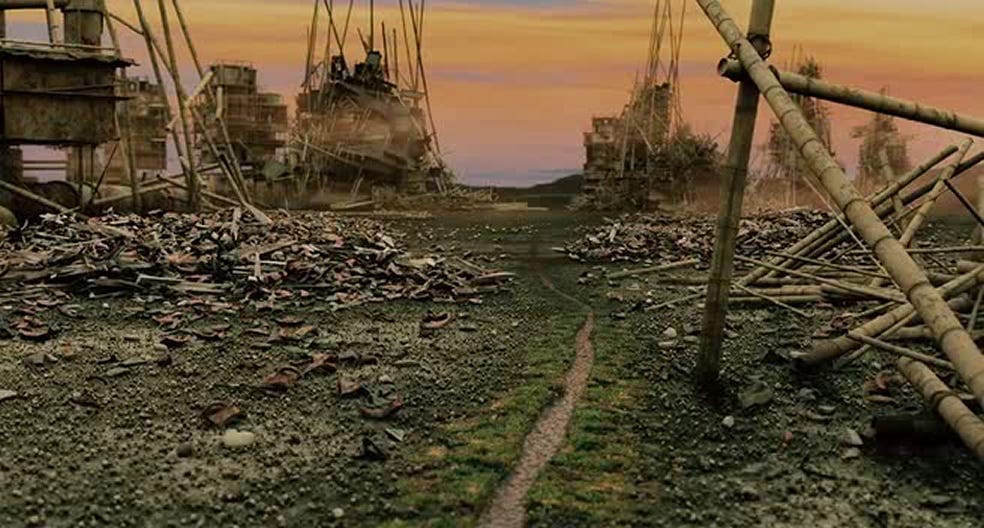
A surrealist nightmare disaster picture and a parable of mercy and compassion, Noah is a retelling of the famous story from the Book of Genesis in the Bible. It’s also based on a poem called “The Dove” that was written by writer/director Darren Aronofsky in 1982 as a seventh grade creative writing assignment.
The Dove
Evil was in the world. The laughing crowd left the foolish man and his ark filled with animals when the rain began to fall. It was hopeless. The man could not take the evil crowd with him but he was allowed to bring his good family. The rain continued through the night and the cries of screaming men filled the air. The ark was afloat. Until the dove returned with the leaf, evil still existed. When the rainbows reached throughout the sky the humble man and his family knew what it meant.
The animals ran and flew freely with their new born. The fog rose and the sun shone. Peace was in the air and it soon appeared all of man's heart.
He knew evil could not be kept away for evil and war could not be destroyed but neither was it possible to destroy peace.
Evil is hard to end and peace is hard to begin but the rainbow and the dove will always live within every mans' heart.
It’s a truly awful poem, but to be fair, it was also written by a child, so that’s okay. Regardless, this idea has been in Darren Aronofsky’s mind for quite some time.
In order to find financially backing, Aronofsky teamed with Producer Ari Handel, who had previously collaborated with Aronofsky on The Fountain, The Wrestler, and Black Swan, to work with Canadian artist Niko Henrichon to create a graphic novel adaptation of the script, and was first released in a French language version by Belgian publisher Le Lombard in October 2011 as Noé: Pour la cruauté des hommes (Noah: For the Cruelty of Men). Did the graphic novel lead to them landing a deal with Paramount and New Regency to produce a feature film of the story of Noah, with a budget of $130 million?
Probably not, but still, it’s pretty cool.
In the end, Noah grossed about $360 million dollars worldwide, and is considered to be both a commercial and critical success, despite bing criticized by the cultists and pedants for an over reliance on creative invention, and "non-biblical sources" (psssst… they mean Jewish when they say this, and not in a nice way).
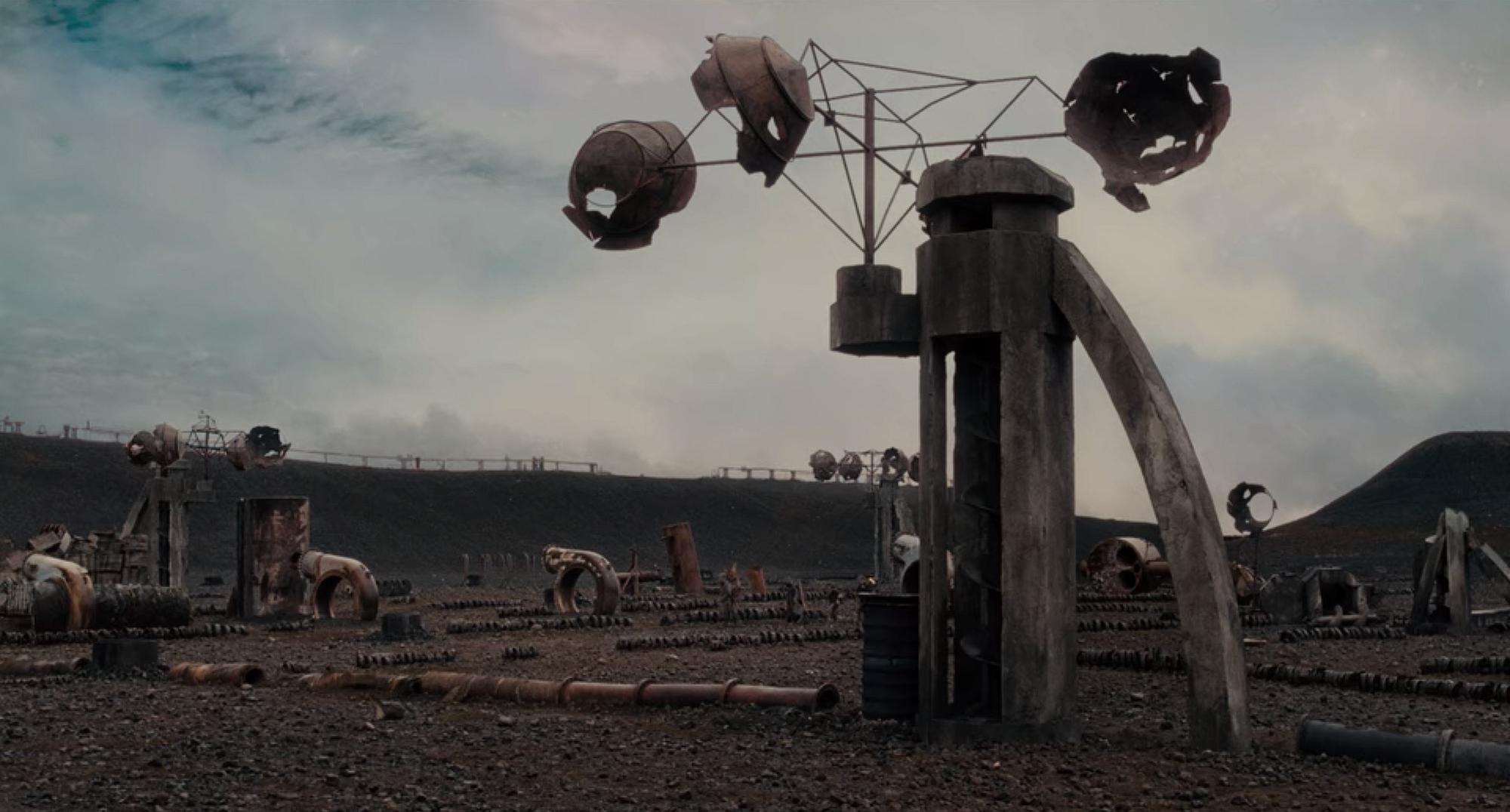
In the Bible, the story of Noah is only like… four chapters long.
The biblical text does not include the name of Noah's wife, nor any of his sons' wives, but it does mention Noah getting drunk and naked after the flood and also getting into an altercation with one of his sons. Noah’s father, Lamech, and his grandfather, Methuselah, are only really mentioned in the Bible to establish his genealogy. Also, in the Bible, Noah was 595 years old when his father died, instead of a young teenager, as he was portrayed in the film. Tubal-Cain is mentioned in the Bible, specifically as one of Cain’s descendants, but his story isn’t connected to Noah. They may not have even lived in the same era. Either way, Tubal-Cain did not stowaway on the Ark and hide amongst Noah’s animals. Finally, in the Bible, God is much more of a direct, hands-on kind of Project Manager as far as the Ark is concerned. He not only tells Noah about the Flood in no uncertain terms, but he also includes detailed building instructions and dimensions for the Ark.
I mean, if you want to call a "cubit" a "detailed" dimension, I guess.
But like I said, since the story is actually very sparsely detailed in the source material, the filmmakers had a lot of room to take creative license, which they did. This upset the cultists and pedants, because they’ve watched several hours of Bible movies and Christian-produced tv, all of which has a very strict framework within which these stories are traditionally allowed to be portrayed.
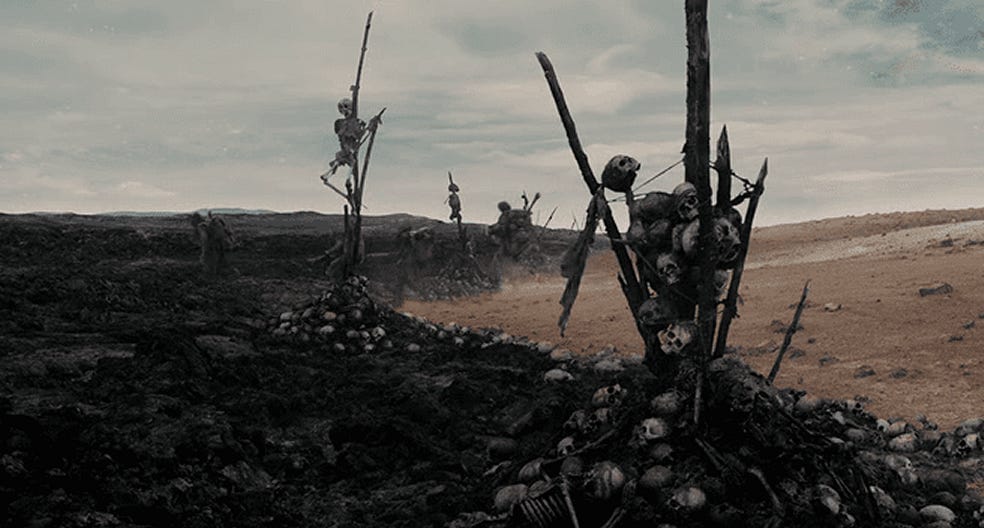
Leaning heavily on the strange mysticism and magic of the Old Testament, but viewed through a more creative lens–meaning: without fear of appearing like a more traditional portrayal of occultism or witchcraft–the film has a weird fantasy style set in a crumbling world with a very post-apocalyptic feel. The character of Noah is portrayed as an increasingly wild-eyed fundamentalist and an eco-warrior hellbent on wiping out mankind for the good of the planet. It often clearly presents an argument for vegetarianism, framed as being respectful to all of God’s creation, and is a pretty clear metaphor for the wonders that have been destroyed and wiped out by humanity’s greed. The film also portrays the story of Creation in a fantastic time lapse retelling of the birth of the universe, that not only begins with the Big Bang, but also clearly and irrevocably entangles it with the fact that evolution is proven science. In short, while very clearly of the Bible, the way the film presents itself feels pretty antithetical to the common worldviews held by modern day American Christianity.
Which I loved.
Plus, things like the animal designs, and the Watchers, the big fight in front of the Ark, and the magic snakeskin wrapped around the forearm… it just looks cool, and being cool is something that American Christians really fucking hate, because they can’t figure out how to do it themselves.
So, yeah, all of this really upset the cultists and pedants.
But what really exposed their hypocrisy and their close-mindedness is that the film’s story has the same story, the same themes. It starts with the idea of justice, of punishing Man for its wickedness, but it ends with the promise of love, mercy, and grace as the rainbows cover the sky, and states that God preserved Noah, not because he was so unrelenting and pious, but because he had a merciful heart. Isn’t that the whole point? But it’s bad because it looks different, right? Hmm… sounds about white. How very Christian of you.
Unsurprisingly, in a typical example of American Christian values, the usual weirdos and freaks amongst the American Christian influencer scene made their own “documentaries” and films in response to Aronofsky’s movie, which they then sold at a ridiculous price to their willing and eager flocks of rubes and marks.
Still, white defaults white in America, that's our most beloved of traditions, so Paramount Pictures added a disclaimer to the marketing materials, which read:
The film is inspired by the story of Noah. While artistic license has been taken, we believe that this film is true to the essence, values and integrity of a story that is a cornerstone of faith for millions of people worldwide. The biblical story of Noah can be found in the book of Genesis.
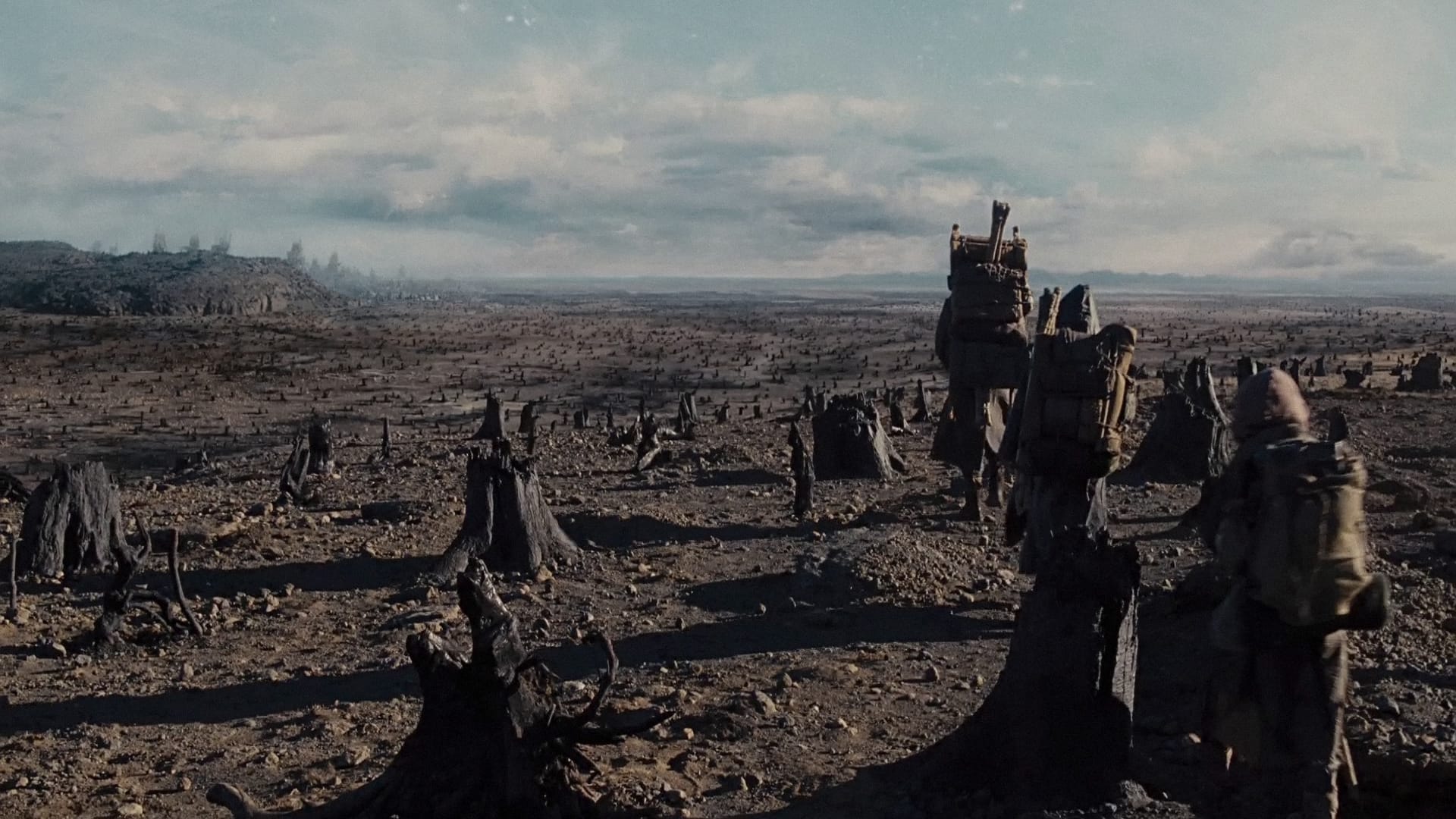
But all that said, the film was challenged for its general lack of non-white cast members. Some called it an unwelcome throwback to the old eras of Hollywood, and they cited for example the way the film deals with the Curse of Ham.
The Curse of Ham was a curse that was imposed by Noah on the descendants of Ham, because Ham refused to cover his father’s drunken, passed out nakedness. This has long been used by white bigots throughout modern American history as a biblical justification for imposing slavery and racial discrimiation on Black people. And the film does include the scene where Ham does not turn away, and does not cover Noah, but the only way it deals with the implications of that moment, is by simply erasing people of color from the story completely.
That's kind of shitty.
As many have pointed out before, the Bible is an incredibly multicultural piece of literature, and they then go on to make the point that films about the Bible should reflect that.
For me, I can't help but notice that the main complaint these cultists and pedants seem to have with this adaptation is that it includes things that aren’t in the Bible, and yet, they never seem to complain about this when one specific thing that we all know for a fact definitely wasn't in the Bible at all, appears in all those other bible shows and movies that they love... white people.
Strange, right?
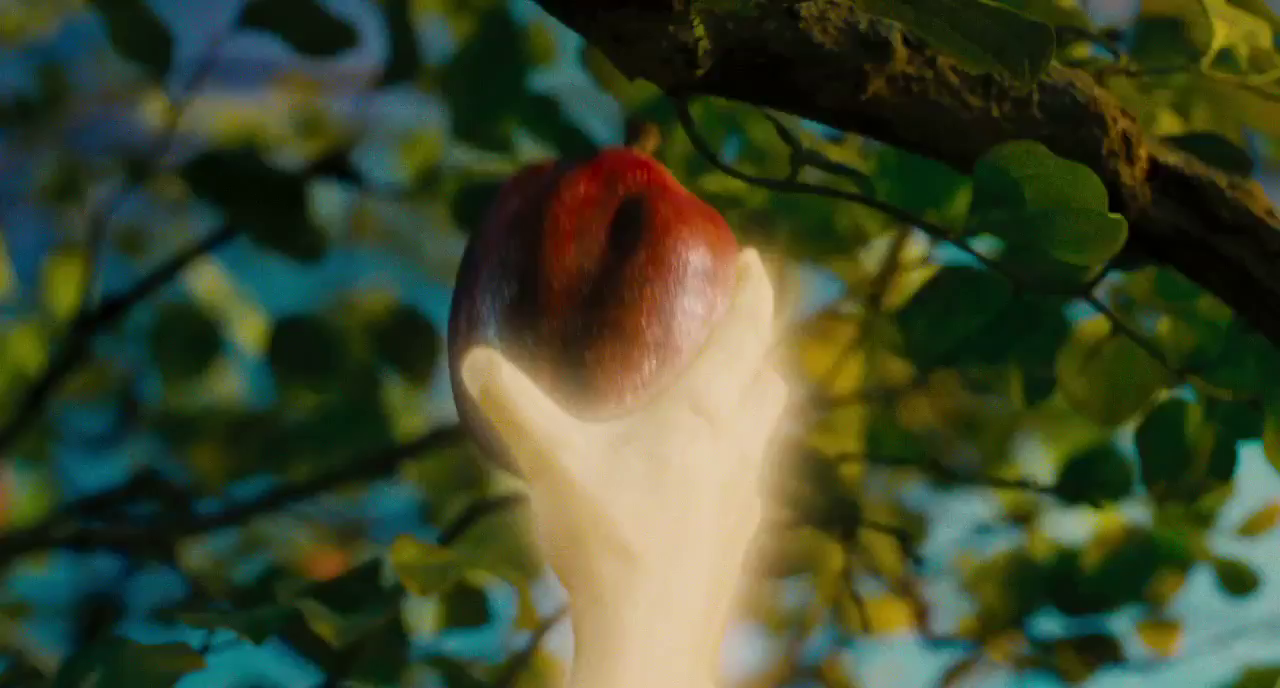
Anyway, those issues aside, for me, Noah is refreshingly new, and a really exciting take on a very old tale. It‘s just a good movie, an "epic" adventure set in a strange world. If that approach bothers you, well, I think you‘ll be happier if you just move along, no one said you have to watch it, it's just a movie. But if you're actually just mad that the film isn’t "biblically accurate" well, then you should pull your head out of your ass, your brain will get more oxygen that way.
For the rest of you… this is definitely worth checking out.
Big thumbs up.
